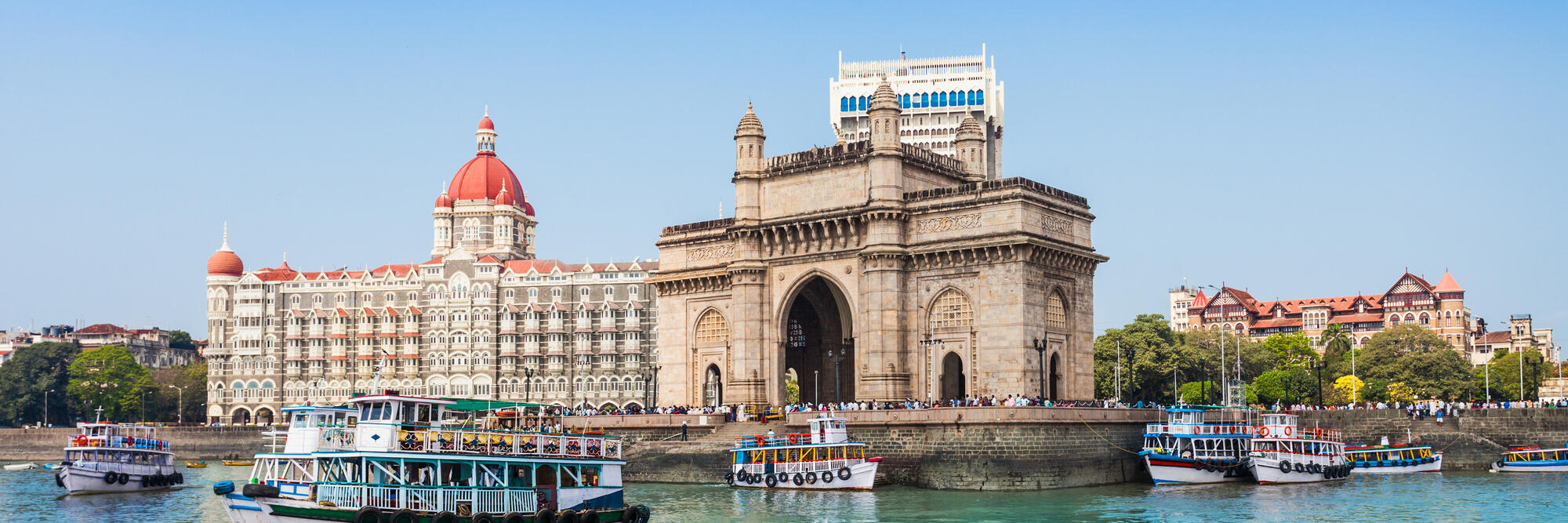There is something unknown and uncharted about having a child, and giving birth as an expat in a foreign country could be a bit more daunting. One of the biggest challenges for new foreign arrivals in India would be to understand the options available to them in terms of having a baby.
This quest begins with a single question... what do you want for your birth?
Ask the expat community
Choosing a caregiver and a facility requires some shopping around. Begin by asking others in the expat community who have given birth to learn more about the different facilities and doctors available and their experiences. However, be sure to ask them what their expectations were as well. A couple looking for managed care would gel better with a different caregiver, than someone looking for a natural birth. You could also look at recommendations from the embassy or Internet but again match the testimonials against your plan for birth.
Choose where to give birth
Expats in India can choose between a multi-specialty hospital or opt for care at a specialized maternity unit. It could be a large facility with many consultants or could be a single person ‘nursing home’. In any other country, ‘nursing home’ can have an entirely different meaning, but in India it means a small medical unit. There are a few natural birth centres in India, but these can only be found in certain locations. Each facility has its own set of best practice protocols, which would mean that one could never take for granted what happens in the hospital during birth. Some facilities allow numerous birthing partners to be present in the labour room, while others restrict this to a single person or only the husband. Some hospitals would not restrict food and oral hydration while others may.
Choose a caregiver
For a majority of people, the caregiver would be OB/GYN. The doctor may either be a visiting consultant, which means they would practice out of different facilities or be associated with just one facility or may even own the unit. Midwifery care is limited in India and only available in a few cities.
It would always be prudent to ask questions from your caregiver to help you understand the different protocols in terms of your expectations and needs before making the final choice. A simple question can give you insight into the caregiver's belief system.
A couple looking for natural birth (expectant care) may ask their caregiver about the following:
-
Continuous monitoring
-
Labour support options such as the use of a water tub
-
Time limits for start of labour or labour and birth
Those with a high-risk pregnancy may go with a specialist and more active managed care in labour.
As an insight, most doctors are good at active management and intervening since that is how they learn to ‘deliver’ babies as part of their medical training. However, the more patient, wait and watch kind, could take some effort to find in India.
Use local birthing networks and specialists as sources of information
To get a clearer picture of what you want and what is on offer, expats could look at local birthing networks, talk to doulas, or take a childbirth education class. ‘Antenatal’ classes vary in philosophy and content so it is often best to choose one that is led by a childbirth educator rather than a medical professional. Most medical professionals are trained in looking at problems while childbirth educators look at the physiological aspect of birth and have also been trained in teaching and adult learning skills.
Consider pre-natal fitness classes
Another aspect of planning and preparing for childbirth could be taking up a yoga, fitness or wellness class. Prenatal exercise classes would be beneficial for the pregnancy and also a valuable resource to meet with other pregnant women.
Consider financial constraints
Finances are also a consideration when choosing a birthing option as an expectant expat parent in India. Some insurance companies give their clients leeway to choose their caregiver, however, there may be some stipulation regarding services like a childbirth class or facility. While other insurance companies may accept or reject a facility depending on their own clauses. Check with the facility if they accept your insurance, and take the financial package with the complete breakdown of services to the insurance company for approval.
Communication barriers
For almost all expats, a language barrier could be one of the potential challenges when it comes to giving birth, but really it shouldn’t be a major concern. Most doctors in urban India can communicate well in English. However, remember words and contexts can be different so reconfirm that your caregiver has fully understood your wishes. If you have a birth plan, discuss it in detail to ensure that your preferences are fully understood.
And while doctors’ visits during pregnancy may not prove to be challenge, a lot of couples may be concerned about communicating with hospital staff during labour. The majority of nursing staff can speak English better than Hindi, and in most instances there will be someone around to assist with communication.




